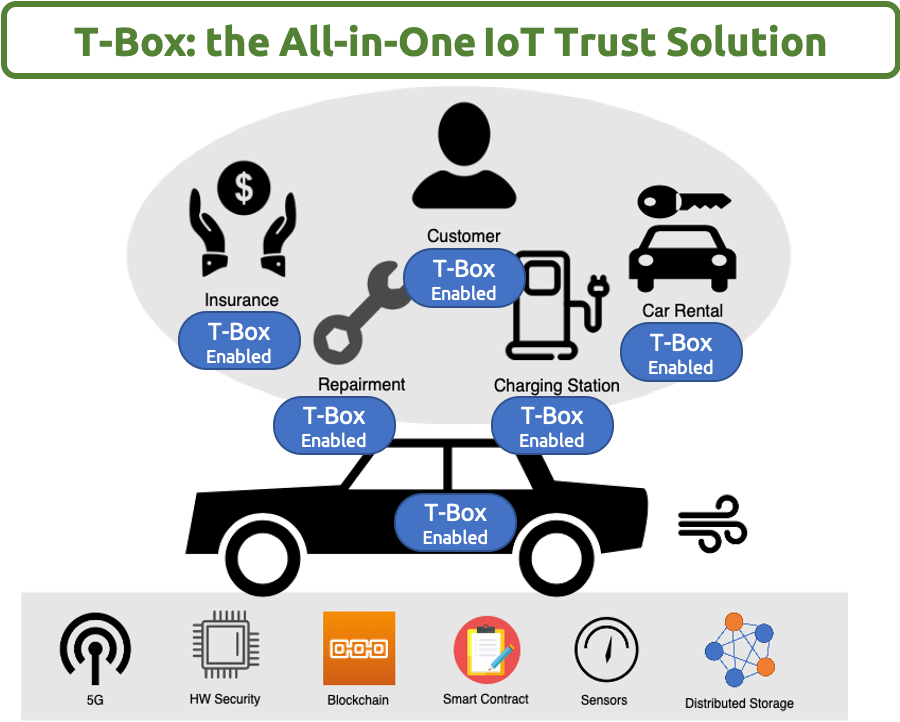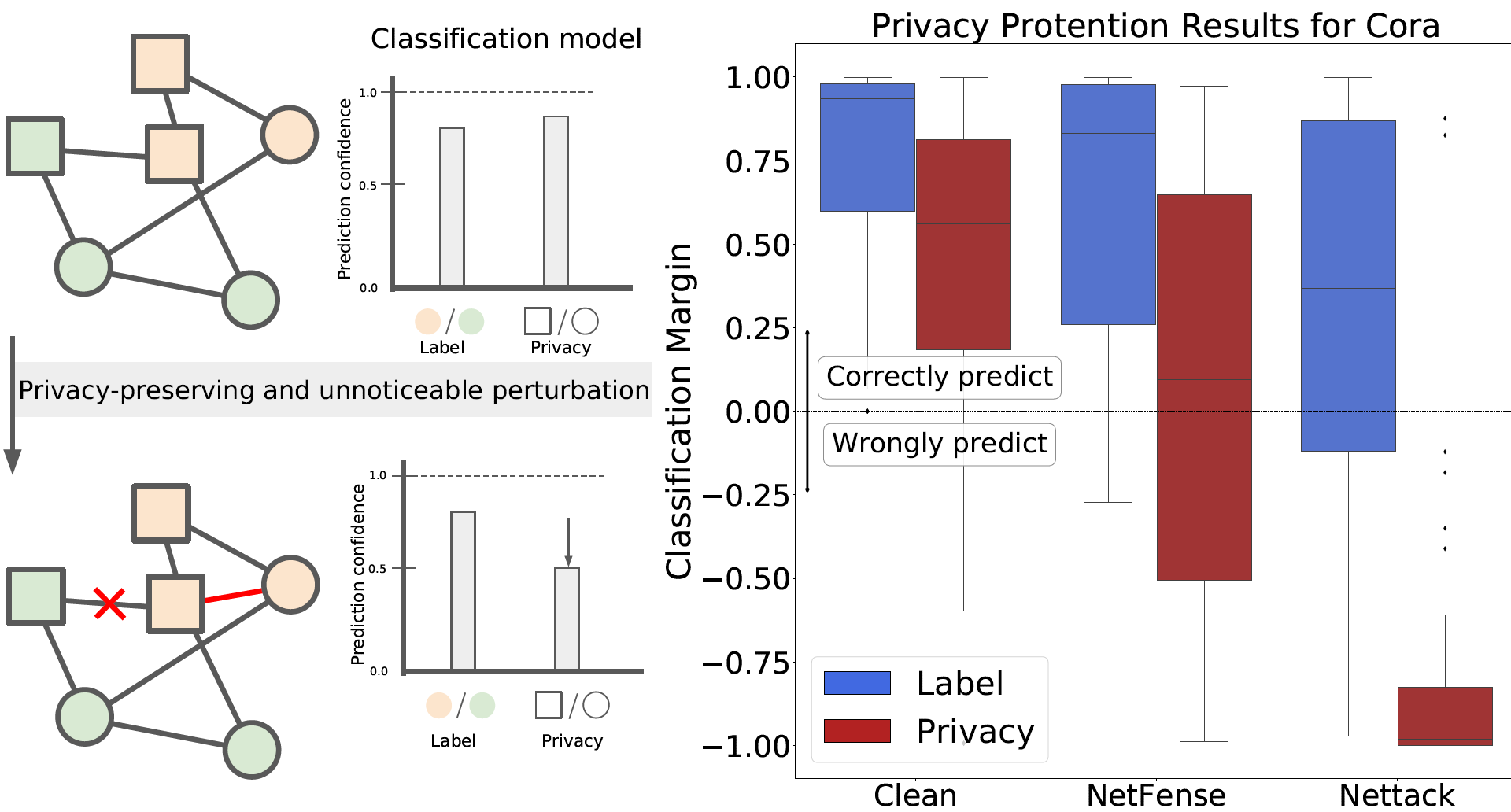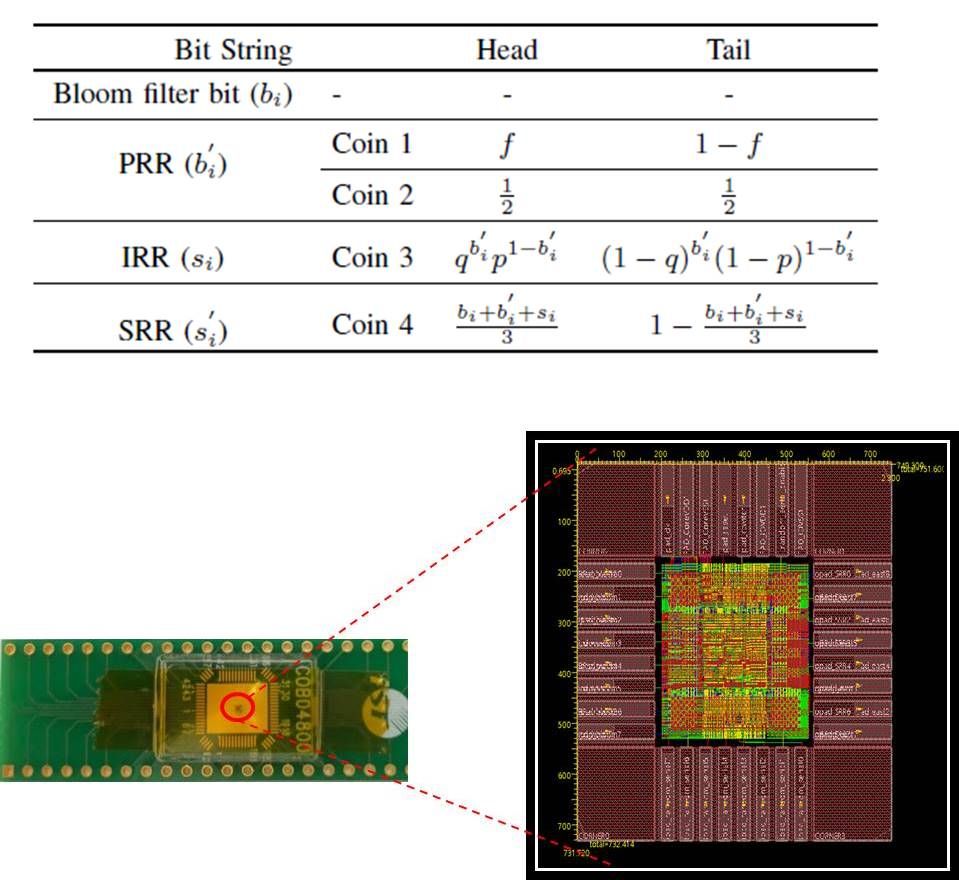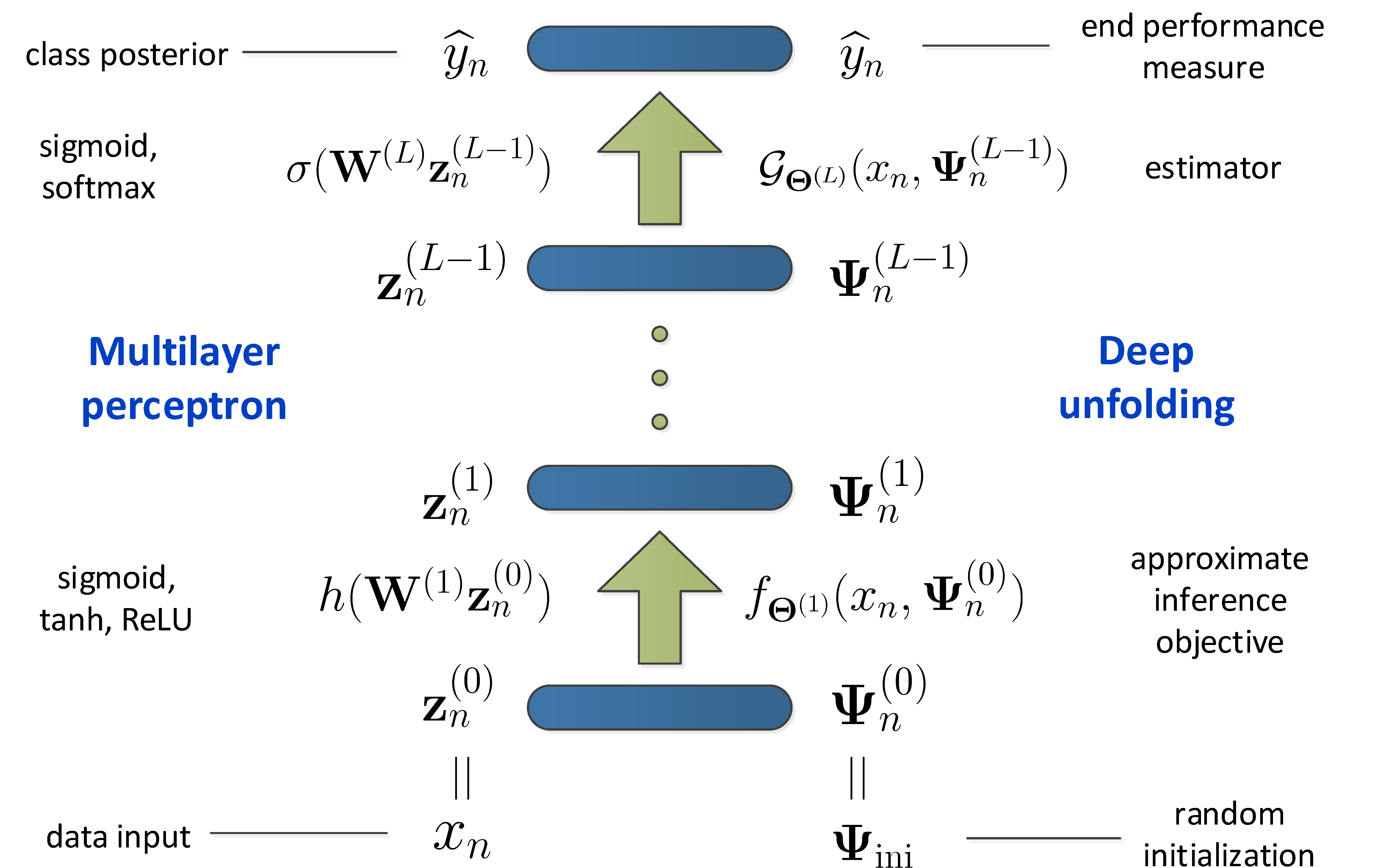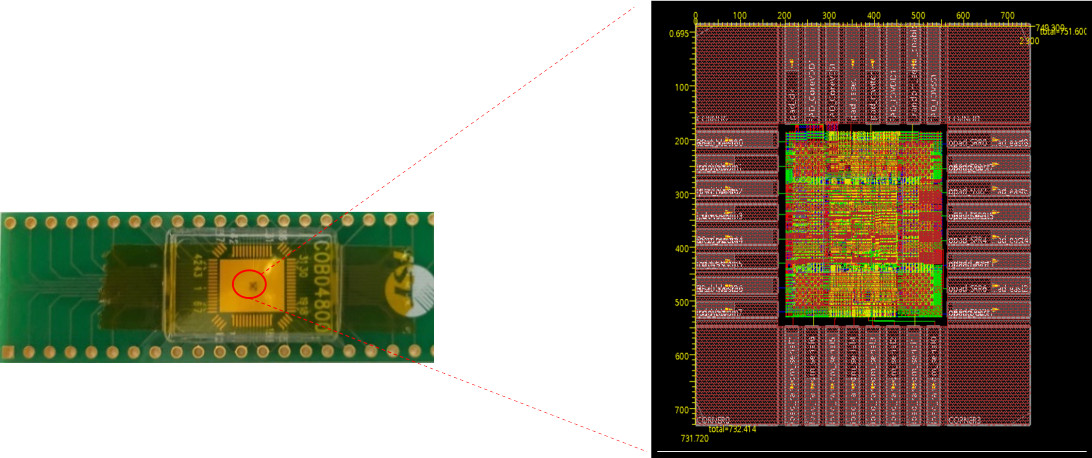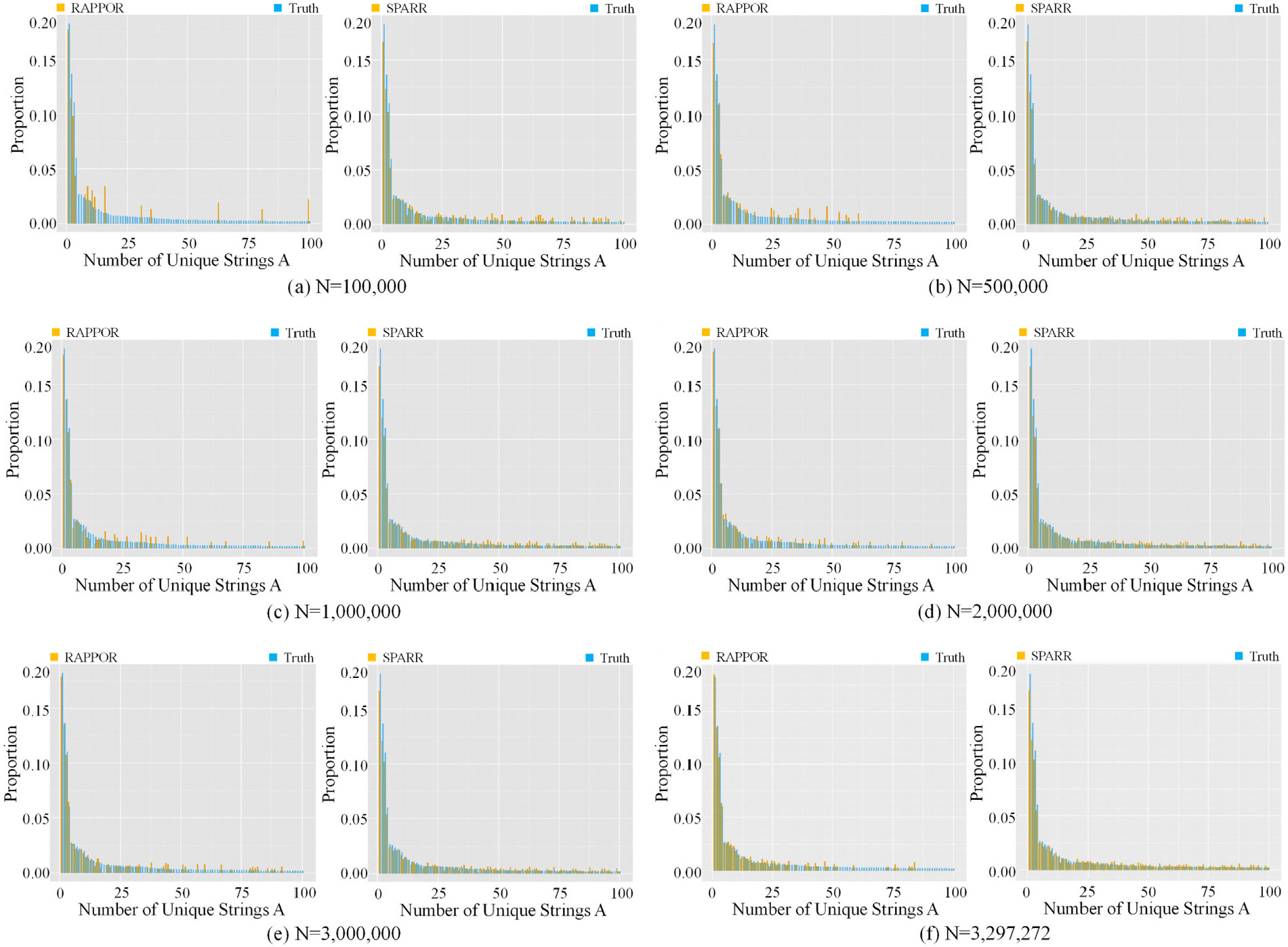| Technical Name | Collection and Analysis of Crowdsourced Data Based on Randomized Response for Compliance Personal Data Protection Act | ||
|---|---|---|---|
| Project Operator | National Taiwan University | ||
| Project Host | 張慶瑞 | ||
| Summary | Data collection raises individuals’ privacy leakage concern. Particularly, after the publication of GDPR, the misuse of information will be subject to huge fines. Randomized response can provide “plausible deniability” for each individual. The aggregators conduct analysis and make predictions while only collecting de-identification data (or sanitized data). We designed a TSMC .18um chip of the true random number generator (TRNG) and private aggregatable randomized response for crowdsourced data collection, which can easily be integrated with IoT devices (Fig.1). It makes the data not subject to the regulations of GDPR and has been validated to ensure data de-identification and high utility based on TRNG and multilayer randomized responses. Our system can obtain exceptionally well accuracy and security in the frequency estimation of users’ behaviors even for small collections of applications, compared to RAPPOR proposed by Google. |
||
| Scientific Breakthrough | Our approach (SPARR) is a practical data protection mechanism based on a true random number generator (TRNG) for crowdsourced data collection with a high-utility and mathematically rigorous privacy guarantee. With the TRNG and design of four coin flips, SPARR can preserve privacy and crowdsource population statistics on data collected from individuals and accurately decode the data. Through a sequence of experiments in real-world environment, we verify that SPARR outperforms the well-known method RAPPOR in varying different conditions. Notably, it has been successfully fabricated using TSMC .18um process. |
||
| Industrial Applicability | In the IoT data privacy system, our de-identification chips have a forward-looking, innovative IoT architecture and applications; To the best of our knowledge, for IoT streaming data collection, our chips are currently the only one on the market using true random number generator to guarantee data de-identification. This research is mainly supported by Etron Technology, Inc., which can help Etron Technology, Inc. to prioritize the market of the IoT data privacy applications. In addition, we can promote our chips to financial system applications such as client-side verification, or big data analysis of vehicle networking devices and sensing data collection for mobile devices. |
||
| Keyword | Data Privacy GDPR IoT Big Data Randomized Response Differential Privacy Truly Random Number Generator Data Analysis IC Design De-ientification | ||
- aoowweenn@gmail.com
other people also saw

